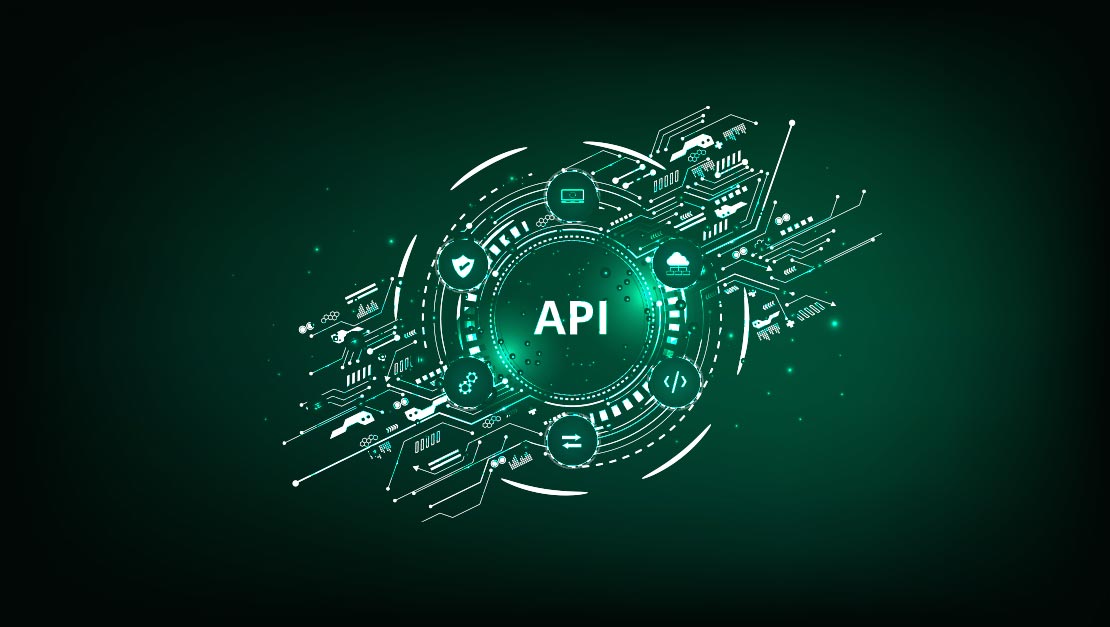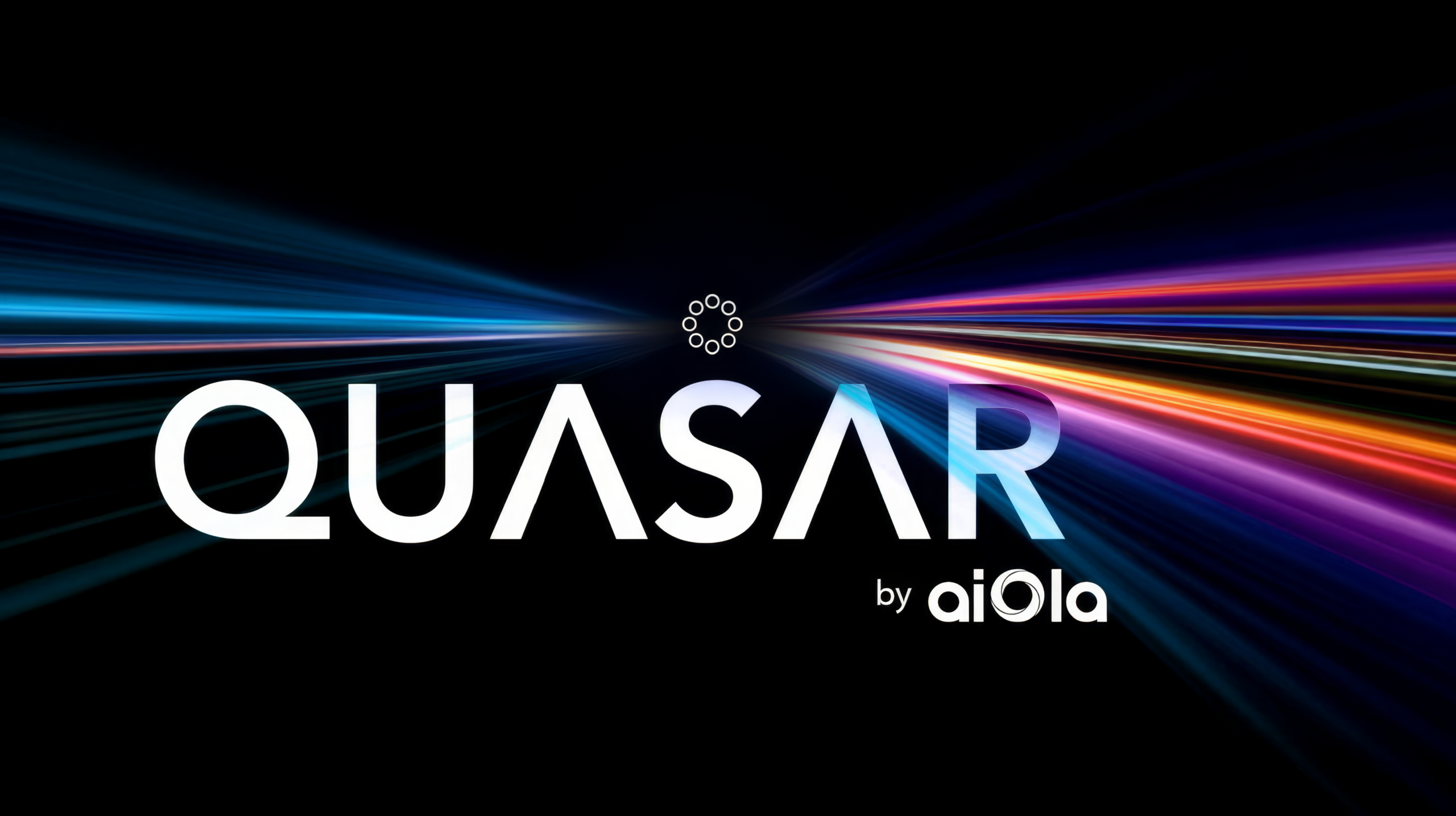Voice technology has moved far beyond simple transcription. In 2025, the best voice AI APIs enable businesses to create lifelike voice interactions, automate workflows, and capture mission-critical data in real time.
This article explores what a voice AI API is, reviews some top-rated voice AI APIs for businesses, and gives you a framework for how to choose the best AI voice API for enterprises. By the end, you’ll understand which solutions deliver the most value, the strongest scalability, and the most enterprise-ready features.
What Is a Voice AI API?
A voice AI API is a set of tools and protocols developers use to integrate speech-based intelligence into apps, platforms, and workflows. APIs provide building blocks, including automatic speech recognition (ASR), natural language understanding (NLU), text-to-speech (TTS), and voice analytics, that can be plugged into your existing systems without rebuilding everything from scratch.
For example, a call center might use an AI voice API to transcribe and tag customer conversations in real time. A manufacturing firm could embed a voice interface in its safety-check system so frontline workers simply speak their inspections instead of filling out forms. In each case, the API handles the heavy lifting—capturing, processing, and returning actionable voice data.
Voice AI APIs process speech in real-time by streaming data for continuous audio input and output. This low latency processing is critical for conversations as there are no delays. On the other hand, some solutions work via batch processing, which collects a large volume of data for processing at once, after the audio has been spoken. While this can work for jobs like transcription, it would pose challenges for on-the-ground use cases in which frontline workers require immediate action and responses.
Why does this matter in 2025? Because voice has become the fastest interface for workers on the move. Employees aren’t just sitting at desks; they’re in warehouses, operating heavy equipment, or managing customers face-to-face. Leading voice AI APIs for businesses turn spoken language into structured, searchable, and actionable information—essential for digital transformation.
Top-Rated Voice AI APIs for Businesses
Voice AI APIs come in many forms. Below we’ve grouped top-rated voice AI APIs by their primary strengths so you can see where each excels.
Enterprise-Grade Solutions & Scalability
These API excel in in their enterprise capabilities:
aiOla Voice AI Platform
aiOla is a leading voice AI API for enterprises, purpose-built to transform unstructured speech into structured, actionable data in real time. Rather than acting as a simple transcription engine, aiOla captures context—speaker, time, and intent—and then triggers workflows across your enterprise systems.
What sets aiOla apart is its voice flow automation and agentic workflow approach. With zero-shot jargon recognition, aiOla understands technical terms and acronyms instantly, even in noisy, multilingual environments. APIs and connectors allow seamless integration into ERP, CRM, and compliance systems, while built-in security features like masking and Named Entity Recognition keep sensitive data protected. Overall, aiOla gives enterprises a ready-made platform for voice-driven workflows at scale.
Nuance Dragon Professional Anywhere API
Nuance’s API is popular in healthcare and legal fields for its precision and compliance-ready cloud-based speech recognition. It’s well-suited for hands-free documentation and integrates with EHR systems to streamline clinical workflows.
Lifelike & Expressive Voice Generation
If your goal is lifelike voice generation capabilities, these APIs might be of interest:
Google Cloud Text-to-Speech API
Using DeepMind’s WaveNet models, Google’s TTS API produces remarkably natural speech. This makes it a favorite for customer-facing apps like virtual assistants, IVR systems, and multimedia content.
Amazon Polly
Amazon Polly offers high-quality text-to-speech in dozens of languages and styles. Its low-latency processing makes it ideal for e-learning, interactive media, and scalable voice content creation.
Microsoft Azure Speech Service
Azure’s Speech Service bundles both speech-to-text and text-to-speech into one API. Its neural voices and multilingual support power conversational bots and global apps. The service runs on Microsoft’s worldwide infrastructure, ensuring high reliability for enterprises.
Comprehensive Voice AI Platforms
For enterprises that need more than a single feature, you might consider the following:
Speechmatics API
Speechmatics offers multilingual ASR with real-time transcription. It’s known for its accuracy on conversational speech and developer-friendly features, making it a strong option for businesses building their own voice solutions.
Deepgram API
Deepgram’s end-to-end deep learning architecture delivers low latency and high accuracy at scale. It’s attractive to enterprises with large audio workloads and custom deployment needs.
AssemblyAI API
AssemblyAI goes beyond transcription with analytics tools like topic detection, sentiment analysis, and content moderation. This appeals to companies that want to extract deeper insights from their voice data.
How to Choose the Right Voice AI API
Choosing the best AI voice API for enterprises isn’t just about picking a name off a list. You need a clear set of evaluation criteria to ensure the API matches your operational needs, compliance requirements, and growth plans. When selecting a voice AI API, consider these key factors:
Industry-Specific Needs
Not all APIs handle jargon equally. Automotive, aviation, food & CPG, pharmaceuticals, and call centers each have unique terminology. Look for APIs—like aiOla—that support zero-shot jargon recognition to avoid costly retraining cycles.
Accuracy and Performance
Test in your own environment. A vendor claiming 95% accuracy in lab conditions might drop to 75% in a noisy plant or airport. Prioritize real-world benchmarks over demos.
Technical Capabilities
Consider if the API supports both ASR and TTS, real-time keyword spotting, sentiment analysis, or speaker diarization. Advanced features can transform workflows beyond simple transcription.
Scalability and Reliability
The top-rated voice AI APIs for businesses must handle millions of interactions daily without latency spikes. Global infrastructure, edge deployment, and load balancing are crucial.
Cost and ROI
Look beyond per-minute pricing and think about the total cost of ownership over months or years. A slightly more expensive API that eliminates manual work, accelerates reporting, or reduces compliance risk may save your organization far more money in the long run, especially when deployed at enterprise scale.
Security and Compliance
Voice data can be extremely sensitive—especially in regulated industries like healthcare, finance, and aviation where privacy laws are strict. Check not only for built-in masking, but also for encryption at rest and in transit, granular access controls, audit trails, and recognized certifications such as HIPAA, GDPR, or SOC 2 to ensure your voice AI infrastructure meets or exceeds compliance requirements.
Support and Ecosystem
Strong developer support, SDKs, and prebuilt integrations make implementation faster. An engaged ecosystem means more connectors, sample code, and troubleshooting resources.
Ultimately, how to choose the best API comes down to matching your business goals to the platform’s capabilities. For many enterprises, aiOla’s unique combination of real-time structured speech capture, multilingual support, and compliance makes it the leading voice AI API for businesses operating at scale.
Final Thoughts: Choosing a Voice AI API
The shift to voice-driven workflows is here. Whether it’s a pilot calling out a safety check, a factory worker reporting a defect, or a call center agent flagging a compliance issue, the right voice AI API can transform speech into an actionable enterprise asset.
Among the top-rated voice AI APIs for businesses, aiOla distinguishes itself by going beyond transcription. It treats voice as the primary interface for enterprise systems—capturing, structuring, and automating workflows in real time, even in the most challenging environments.
By choosing a platform designed for enterprise-grade use cases, you’re not just adding speech recognition—you’re unlocking an entirely new way to run your operations. If you’re ready to explore voice-driven workflows and see how aiOla’s voice agentic flow can work for your organization, book a personalized demo.













